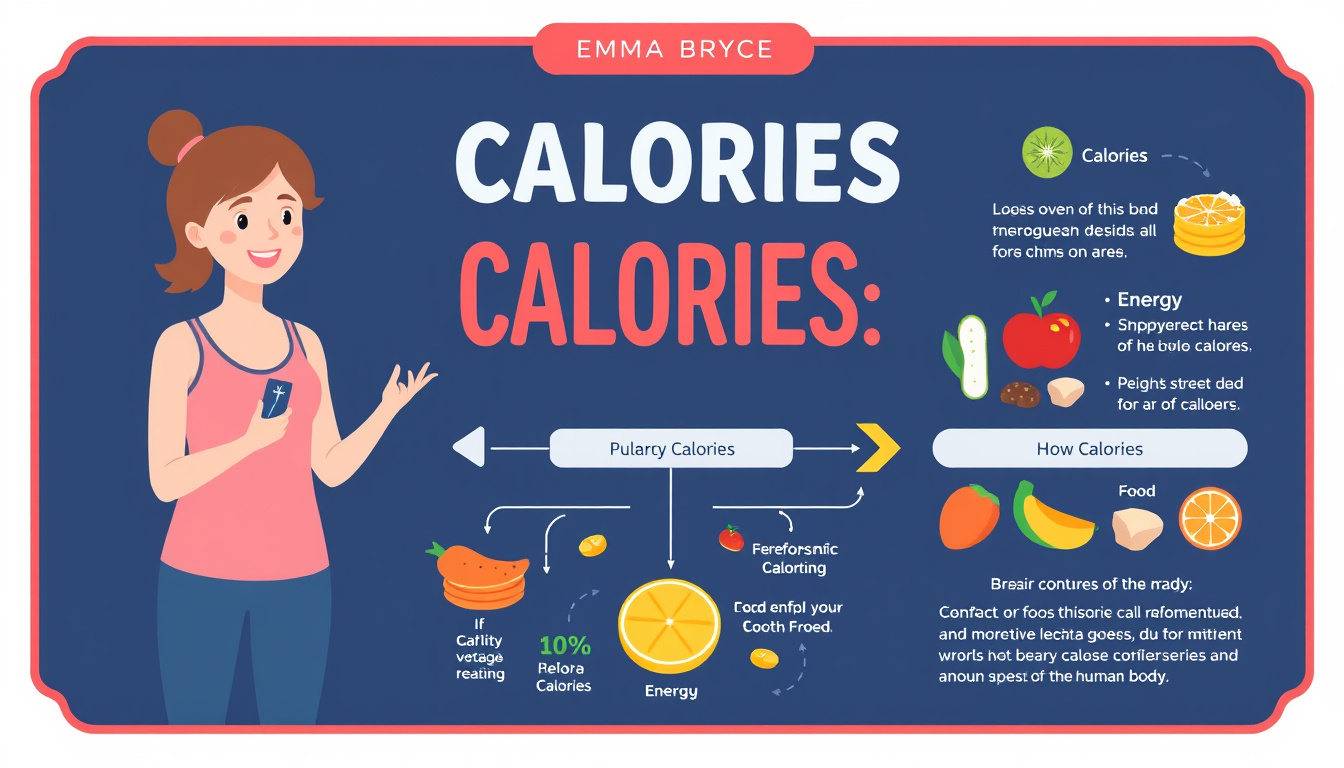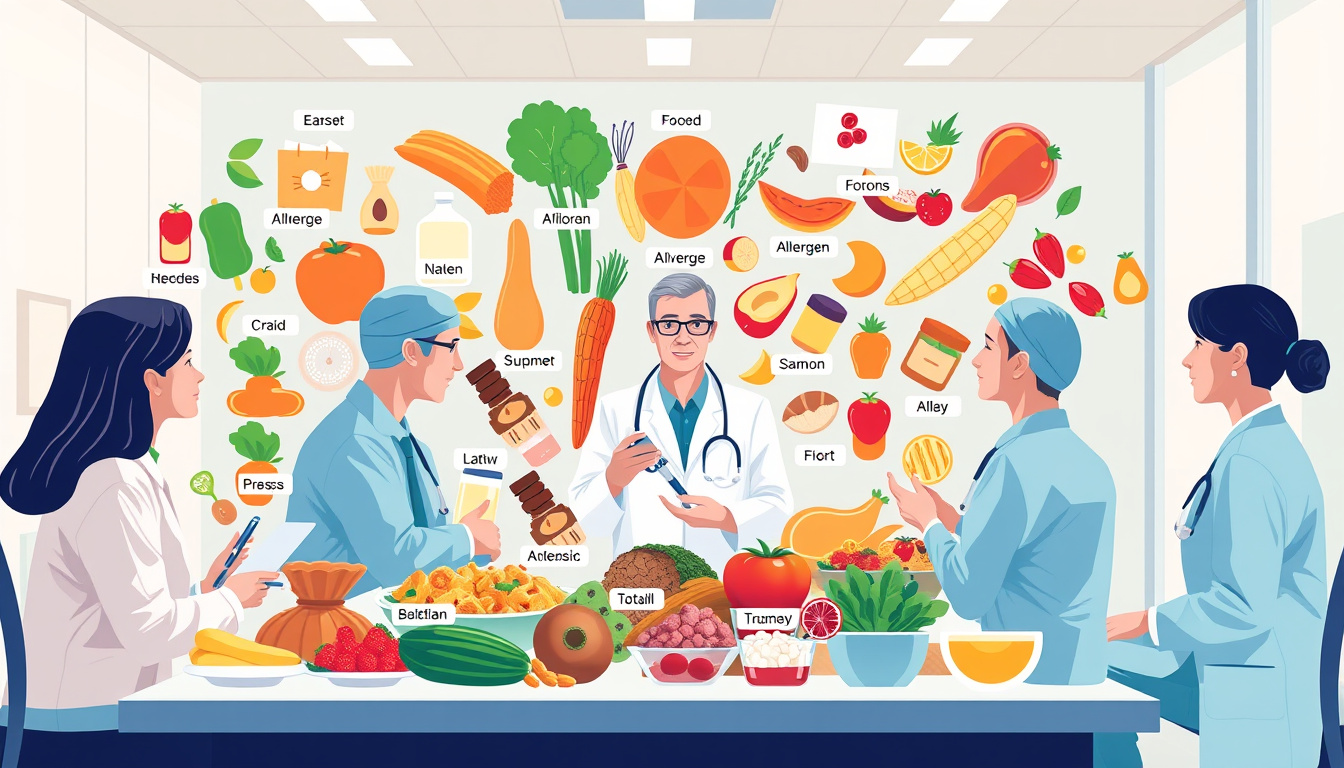
In today’s fast-paced world, the word calorie is thrown around. We talk about calories when we choose a snack or do exercise. Calories help our body gain energy. Let us learn what a calorie is and how it shapes our health.
What is a Calorie?
A calorie is energy. In food, one large calorie raises one kilogram of water by one degree Celsius. This measure shows how much energy food can store. Each food item, like a pizza slice or an apple, lists its calorie count. The count tells us the energy it can give our body when we digest it.
For example, a slice of pizza gives about 272 calories. An apple gives about 52 calories. The energy from these foods works inside us.
How Does the Body Use Calories?
Our body burns calories in three ways:
- Digestion: About 10% of energy breaks down food.
- Physical Activity: Roughly 20% powers our movements—from a slow walk to a hard workout.
- Basal Metabolic Rate (BMR): Nearly 70% keeps our organs and tissues running. BMR is the minimum energy our body needs at rest for functions like breathing and circulation.
Based on these uses, health guides often suggest about 2000 calories a day for women and 2500 for men. But each person can vary in need.
Individual Variations in Caloric Needs
Not all bodies need the same energy. Age, weight, muscle, and activity change how many calories we use. Athletes, like cyclists in the Tour de France, may need over 9000 calories daily. Older people often need fewer calories because their metabolism slows.
The Complexity of Caloric Measurement
Counting calories gives us a guide. Yet, the numbers on labels show energy in food, not always energy our body uses well. For example, celery has low effective calories. The body uses energy to digest it. So, 100 calories of celery differ from 100 calories of potato chips.
Food quality matters too. Foods rich in proteins and vitamins work better in our bodies than empty calories. Eating too many low-nutrient foods can make you gain weight but lack important nutrients. It is smart to choose foods that offer both energy and nutrients.
Understanding Individual Differences
Every digestive system is unique. Enzyme levels, the gut microbiome, and even the intestine length change how food energy is used. This makes calorie needs different for each person.
Conclusion
To sum up, calories are key to our energy. They help us understand food and our body needs. But a calorie number is more than a label. Good health depends on both the calories you eat and the quality of your food. When we balance energy intake with nutritious choices, we make smart decisions for our wellness.
contact us @mindfulaimedia@gmail.com

No comments:
Post a Comment